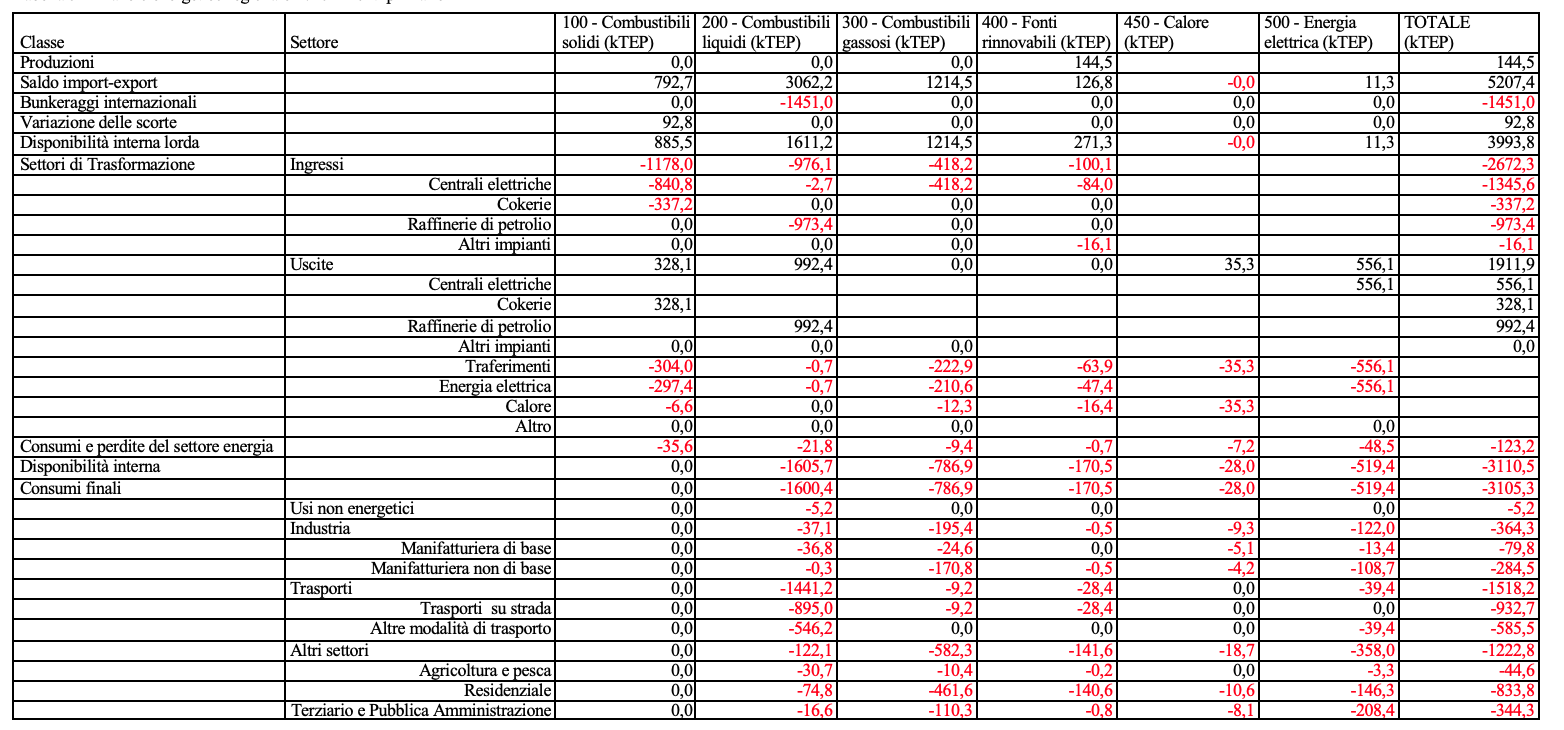fashionability

Techne Consulting has recently completed fashionability, a model for assessing the sustainability of the products of the fashion industry. The model calculates the environmental footprint of the product (PEF - Product Environmental Footprint) and, as part of the analysis, the carbon footprint (carbon footprint).
The model supports a database of upstream and downstream processes in which each process is characterized by indicators related to the evaluation of the environmental footprint, resource consumption and waste production.
The model was first applied to a case study for the backpack Take of InVitro Lab. The work was carried out to support the thesis of Martina Trozzi at IED in Rome. The thesis has produced a specific website www.modabilita.it dedicated to environmental sustainability of the products of the fashion industry. The website will represent in the future a portal for access to the fashionability model.
Regional energy balance, burden sharing and energy planning
Techne Consulting has recently released the latest version of the module Energy of its system E2Gov for the energy and environmental planning.
The system is functional to:
- Elaborate the regional energy balance based on the scheme used by ENEA in accordance with the scheme Eurostat;
- Elaborate the regional energy balance according to the scheme used by the Ministry of Economic Development in the National Energy Balance;
- Evaluate the cycle of heat (primary heat production, district heating, industrial heat recovery);
- Burden sharing monitoring.

Read more: Regional energy balance, burden sharing and energy planning
E2Road-Visum

Techne Consulting has recently created a new interface between its model for the estimation of fuel consumption and air pollutants emissions from road traffic E2Road and the model for the evaluation of traffic flows VISUM.
E2Road currently reads the results of the most popular models for the evaluation of traffic flows (EMME and VISUM) and provides the estimate of fuel consumption and emissions of all air pollutants on individual links of the simulations according to the latest methodology in EMEP/EEA Air Pollutants Emission Inventory Guidebook.
CDM Albania

It 'was recorded in the month of May the first small-scale Clean Development Mechanism (CDM) project in Albania. The project was carried out by SOL S.p.A through its controlled Hydroenergy Sh.p.k. in Albania with the assistance of Techne Consulting which drafted the CDM-PDD Project Design Document and has followed the whole process for its approval.
The CDM mechanism of the United Nations Framework Convention on Climate Change (UNFCCC) is one of the flexible mechanisms under the Kyoto Protocol (Art. 12) which allows companies in industrialized countries with emission limitations to implement projects aimed at reducing emissions of greenhouse gases in developing countries without emission constraints.
The purpose of this mechanism is two-fold; on the one hand it allows the developing countries to have cleaner technologies and orientate on the path of sustainable development; the other allows the reduction of emissions where it is most cost-effective and thus reducing the overall cost of fulfillment of obligations under the Kyoto Protocol. The emissions avoided by the implementation of projects generating carbon credits or CERs (Certified Emission Reductions) can then be used to meet the national commitments.
The project involves the construction of a hydroelectric plant with an output of 4.8 MW that allows the production of 23.3 GWh year of electricity and savings of 5807 tons of CO2 a year.
The PDD is published on the website of the UNFCCC (http://unfccc.int/2860.php ) in the section on CDM (http://cdm.unfccc.int ) at page http://cdm.unfccc.int/Projects/DB/RINA1419858284.4/view .
Sicilia Region 2015 Air pollutants emission inventory

ARPA Sicilia has recently published the air pollutants emissions inventory of the Sicilia Region (2015). The work was done as part of the agreement between ARPA Sicilia and the Regional Department of Environment which had as its main objective the preparation of the emission inventory through the use of the software package "Enviplan" already acquired by the Department as a result of Convention with the company Techne Consulting srl. To process all the information relating to emission sources ARPA Sicily was supported by Techne Consulting.




